TREATMENT FOR SHOULDER PAIN
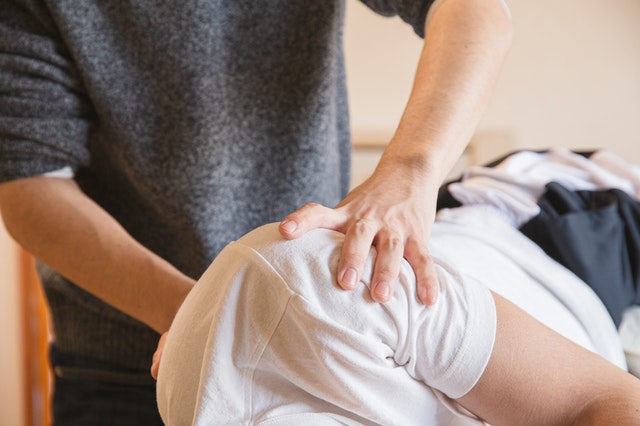
SHOULDER PAIN
Shoulder pain may arise from the shoulder joint itself or from any of the many surrounding muscles, ligaments or tendons. Shoulder pain that comes from the joint usually worsens with activities or movement of your arm or shoulder.
Various diseases and conditions affecting structures in your chest or abdomen, such as heart disease or gallbladder disease, also can cause shoulder pain. Shoulder pain that arises from another structure is called referred pain. Referred shoulder pain usually doesn't worsen when you move your shoulder.
The shoulder joint is the most mobile joint in the body. It moves the shoulder forward and backward. It also allows the arm to move in a circular motion and to move up and away from the body.Shoulders get their range of motion from the rotator cuff.A problem with any part of this shoulder joint architecture can cause shoulder pain, weakness, or instability in the shoulder.
You’re more likely to have problems with your shoulder as you grow older, especially after age 60. This is because the soft tissues surrounding the shoulder tend to degenerate with age.
CAUSES
There are many causes of shoulder pain and not all of them are due to problems of the shoulder joints or associated structures.
- Injuries and sprains
- Disease causing breakdown of joints
- Neck and upper back
- Injury to the axillary nerve
- Referred pain: shoulder pain may also be caused by problems affecting your abdomen (e.g. gallstones), heart (e.g. angina, heart attack) and lungs (e.g. pneumonia).
Some common conditions that causes shoulder pain are,
- Avascular necrosis (death of bone tissue due to limited blood flow)
- Brachial plexus injury
- Broken arm
- Broken collarbone
- Bursitis (joint inflammation)
- Bony spurs
- Cervical radiculopathy
- Dislocated shoulder
- Frozen shoulder
- fracture
- Heart attack
- Impingement in the neck or shoulder
- Injury due to overuse or repetitive use
- Osteoarthritis (disease causing the breakdown of joints)
- Polymyalgia rheumatica
- Rheumatoid arthritis (inflammatory joint disease)
- Rotator cuff injury
- Separated shoulder
- Synovitis
- Septic arthritis
- Sprains
- Spinal cord injury
- Swollen bursa sacs or tendons
- Tendinitis
- Tendon rupture
- Thoracic outlet syndrome
- Torn cartilage
SYMPTOMS
Depending on the cause of your shoulder pain you may experience:
- pain deep in the shoulder joint, in the back or the front of the shoulder and the upper part of the arm. Sometimes the pain in the shoulder can be described as a ‘catching pain’. The location and type of pain is likely to relate to the structure causing the pain
- reduced movement, and pain when moving your shoulder.
- weakness of the shoulder/upper arm. Depending on the condition, there may be a sensation of the joint slipping out and back in to the joint socket, or the shoulder can become completely dislodged (dislocated)
- sensations of pins and needles (tingling) and burning pain. This is more likely to be associated with nerves from the neck than the shoulder joint itself.
- lack of movement after a shoulder dislocation. This is usually due to pain. Complete rotator cuff tears and injury to the axillary nerve both cause weakness in moving the arm away from the body. These problems require close clinical examination.
- Achiness
- Back, neck or arm pain
- Bruising
- Clicking and other noises when you move your arm
- Fatigue
- Fever
- Grinding or popping feeling
- Muscle stiffness and weakness
- Painful movement of the arm
- Swelling (edema) of the arm
- Warmth or burning
RISK FACTORS
- Genetics
- lifestyle factors such as smoking, alcohol consumption, comorbidities, level of education
- sleep disorders
- psychosocial factors such as depression, anxiety, poor coping skills, somatisation
- work-related posture
- computer work and psychosocial factors including stress, job pressure, social support and job satisfaction
- excessive overloading
- instability of the glenohumeral and acromioclavicular joints
- muscle imbalance
- age-related rotator cuff degeneration
- Ischaemia
- history of shoulder trauma
- Surgery
- Diabetes
- cardiorespiratory disorders
- cerebrovascular events
- thyroid disease
- hemiplegia
COMPLICATIONS
- Absenteeism from work or school
- Disability
- Permanent nerve damage
- Poor arm and shoulder movement
- Poor quality of life
PREVENTION
- Simple shoulder exercises can help stretch and strengthen muscles and rotator cuff tendons.
- After having bursitis or tendinitis, performing simple range-of-motion exercises every day can keep you from getting frozen shoulders.
Our Branches
Valasaravakkam
Kotturpuram
DIAGNOSIS
- X-rays. These pictures will show any injuries to the bones that make up your shoulder joint.
- Magnetic resonance imaging (MRI) and ultrasound. These imaging studies create better pictures of soft tissues. MRI may help your doctor identify injuries to the ligaments and tendons surrounding your shoulder joint.
- Computed tomography (CT) scan. This tool combines x-rays with computer technology to produce a very detailed view of the bones in the shoulder area.
- Electrical studies. Your doctor may order a test, such as an EMG (electromyogram), to evaluate nerve function.
- Arthrogram. During this x-ray study, dye is injected into the shoulder to better show the joint and its surrounding muscles and tendons. It may be combined with an MRI.
- Arthroscopy. In this surgical procedure, your doctor looks inside the joint with a fiber-optic camera. Arthroscopy may show soft tissue injuries that are not apparent from the physical examination, x-rays, and other tests. In addition to helping find the cause of pain, arthroscopy may be used to correct the problem.
TREATMENT
- Activity Changes- Treatment generally involves rest, altering your activities, and physical therapy to help you improve shoulder strength and flexibility. Common sense solutions such as avoiding overexertion or overdoing activities in which you normally do not participate can help to prevent shoulder pain.
- Medications- Your doctor may prescribe medication to reduce inflammation and pain. If medication is prescribed to relieve pain, it should be taken only as directed. Your doctor may also recommend injections of numbing medicines or steroids to relieve pain.
- Surgery- Surgery may be required to resolve some shoulder problems. However, the large majority of patients with shoulder pain will respond to simple treatment methods such as altering activities, rest, exercise, and medication.Certain types of shoulder problems, such as recurring dislocations and some rotator cuff tears, may not benefit from exercise. In these cases, surgery may be recommended fairly early.
Surgery can involve arthroscopy to remove scar tissue or repair torn tissues, or traditional open procedures for larger reconstructions or shoulder replacement.
EFFECTIVENESS OF ACUPUNCTURE
Acupuncture helps relieve pain, reduce inflammation, release tight muscles, and increase range of motion for a variety of shoulder problems.
The Acupuncture Evidence Project shows that there is moderate evidence to support the effectiveness of acupuncture in the treatment of shoulder pain and shoulder impingement syndrome. Electroacupuncture is also often used in the treatment of injuries as it has been found to release powerful pain-relieving substances within the body.Acupuncture can reduce pain naturally by decreasing inflammation, improving blood flow to the area, and helping damaged or torn tissues to heal.Acupuncture can be tremendously helpful in naturally managing acute or chronic shoulder pain, and may even help resolve the pain completely
MECHANISM OF ACUPUNCTURE
Acupuncture is a non-drug therapy being used more and more to treat shoulder pain. It is thought that acupuncture works by releasing chemical compounds in the body that relieve pain, by overriding pain signals in the nerves or by allowing energy (Qi) or blood to flow freely through the body.Studies have shown that acupuncture can provide pain relief, improve range of motion and speed up recovery time. Acupuncture for shoulder pain is an essential pain management approach for relieving this type of pain. Acupuncture can increase blood flow and circulation to your shoulder joint by balancing the electrical gradient in the fascia, nerves, and cells. This medical specialty relieves pain, promotes healing, and increases the production of synovial fluid in your shoulder to encourage smoother movement.
BEST CURE FOR SHOULDER PAIN
Looking for the best relief for shoulder pain in Chennai, here’s why you should reach out to the expert Acupuncturist. A. Shaji Bharath from the best rated clinic Dr.Bharath’s Acu Heal. He is currently treating patients for a wide range of conditions. As a best acupuncture practitioner with 15 years of experience, and having worked with several orthopedician and physiotherapist, Acupuncturist. A. Shaji Bharath can create the treatment plan for the best cure for shoulder pain to manage the condition that's tailored to your needs, which can break a cycle of long-lasting pain in the shoulder. As the top acupuncture doctor in Chennai he has witnessed acupuncture doing wonders for people suffering from shoulder pain. The effectiveness rate increases several times just with one course of Acupuncture. So, take some time to find the right pain management and best remedy for acupuncture approach that suits you. Most of the people swear by acupuncture, citing it as a best cure and a ‘miracle’ to improving their quality of life. To contact the top acupuncture doctor in Chennai, Dial: +91 9884746916 or Visit: drbharathsacuheal.com for more details.
BEST ACUPUNCTURE DOCTOR NEAR ME
To choose the Best doctor for Acupuncture, it's important that the Acupuncturist should have a decade of experience and treated at least 1000 to 2000 patients.
You can also search for the Best Acupuncture Doctor near me or ask your primary care physician to refer an experienced Acupuncturist nearby. Once you find the Best Acupuncture Doctor in Chennai, you may go through their google reviews first and then fix an appointment with the doctor only when you are satisfied with the reviews.
The Best Acupuncture Doctor should address your concerns and help you feel more comfortable before your first session. Acupuncture usually takes numerous sessions or several weeks to get a complete cure in any ailment but within 3 or 4 sessions the patients will experience positive differences.
BEST ACUPUNCTURE CLINIC NEAR ME
There are numerous clinics popping up and it is sometimes skeptical to choose the best or even the safe one. To address such concerns, you can look into the following points to choose the best acupuncture clinic for treating facial swelling. Acupuncture is also offered in hospital, pain clinics and by healthcare organizations but it is ideal to visit the best Acupuncture Clinic. If you are not sure, it would be a good idea to contact your local doctor to see if they would be prepared to refer to the best rated acupuncture clinics.Acupuncture is offered in top rated acupuncture clinics near me because conventional treatment has failed or produces unacceptable side effects. Most of the best acupuncture clinics will spell out very clearly what type of acupuncture they practice and how professional they are - at present anyone can set themselves up as an acupuncturist but reputable practitioners will belong to an organization. So while you are filtering the best clinics for acupuncture that treats shoulder pain, you can look out for these factors. Treatment without surgery for shoulder pain is possible through acupuncture and it gives the best result.
We have been rewarded a 5-star rating from Google & Practo. You can also check the reviews there.
THE BOTTOM LINE
The shoulder is a complex structure and getting the right diagnosis is ultimately the key to your recovery. Dial +91 9884746916 or Visit: drbharathsacuheal.com to get the best remedy if you experience fever, inability to move your shoulder, lasting bruising, heat and tenderness around the joint, or pain that persists beyond a few weeks of home treatment.
SCIENTIFIC REFERENCES
- Fu, Q, Shi, G, Li, Q, He, T, Liu, B, Sun, S, Wang, J, Tan, C, Yang, B & Liu, C 2014, ‘Acupuncture at local and distal points for chronic shoulder pain: study protocol for a randomized controlled trial’, BioMed Central, Vol. 15, No. 130, viewed 20 June 2020.
- Lathia, A, Jung, S & Chen, L 2009, ‘Efficacy of Acupuncture as a Treatment for Chronic Shoulder Pain’, THE JOURNAL OF ALTERNATIVE AND COMPLEMENTARY MEDICINE, Vol. 15 No. 6, pp.613 – 618, viewed 20 June 2020.
For further clarifications or
to fix an Appointment
Thank you for choosing us
Our experts will get back to you at the earliest
or
FAQ:
What are the services provided for shoulder pain by Dr. Bharath’s Acu Heal?
Shoulder pain may arise from the shoulder joint itself or from any of the many surrounding muscles, ligaments or tendons. Shoulder pain that comes from the joint usually worsens with activities or movement of your arm or shoulder. The causes may be due to injuries and sprains, disease causing breakdown of joints, neck and upper back, injury to the axillary nerve, referred pain: shoulder pain may also be caused by problems affecting your abdomen (e.g. gallstones), heart (e.g. angina, heart attack) and lungs (e.g. pneumonia).
After a thorough physical investigation and listening to the patient’s complaints, condition of the ailment is understood by the Acupuncturist.
The treatment will be given based on the disease’s chronicity and acuteness. In the first few sessions, positive changes in symptoms may be experienced and after several more sessions there are 90 to 100% chance that the patient be cured of this ailment.
This treatment will help in inducing sound sleep which will help and play a vital role in reversing this ailment. Simultaneously the patient will be advised on a diet and exercise regime.
What are the benefits of acupuncture for shoulder pain?
This is a drugless therapy and there are no side effects. During or after completing the course of treatment any form of medication if any can be stopped.
How many sessions do you need for shoulder pain?
It takes around 20 to 30 sessions in a period of 2 to 4 months.



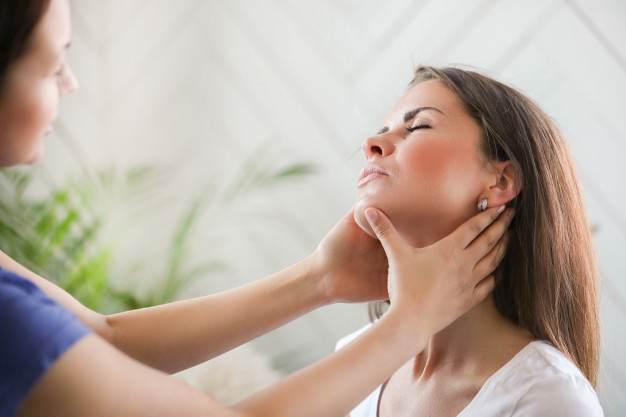 TREATMENT FOR NECK PAIN AND NECK STIFFNESS
TREATMENT FOR NECK PAIN AND NECK STIFFNESS
 TREATMENT FOR SCAPULAR PAIN
TREATMENT FOR SCAPULAR PAIN
 TREATMENT FOR SCIATICA
TREATMENT FOR SCIATICA
 TREATMENT FOR JOINT PAIN IN KNEES
TREATMENT FOR JOINT PAIN IN KNEES
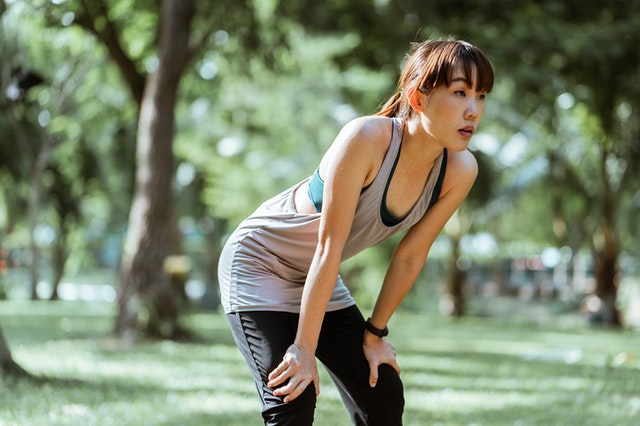 TREATMENT FOR KNEE PAIN
TREATMENT FOR KNEE PAIN
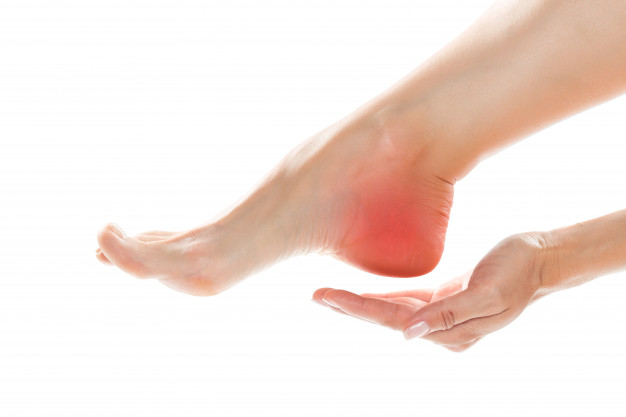 TREATMENT FOR FOOT PAIN
TREATMENT FOR FOOT PAIN
 TREATMENT FOR LOW BACK STRAIN
TREATMENT FOR LOW BACK STRAIN
 TREATMENT FOR LUMBAR PAIN OR LOW BACK PAIN
TREATMENT FOR LUMBAR PAIN OR LOW BACK PAIN
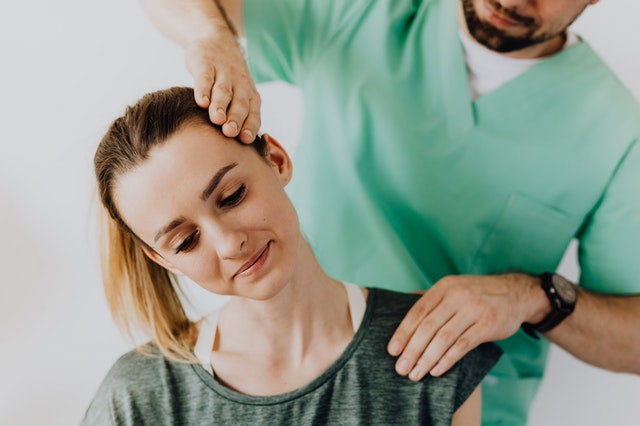 TREATMENT FOR MUSCLE PAIN
TREATMENT FOR MUSCLE PAIN
 TREATMENT FOR STIFF SHOULDER OR FROZEN SHOULDER
TREATMENT FOR STIFF SHOULDER OR FROZEN SHOULDER
